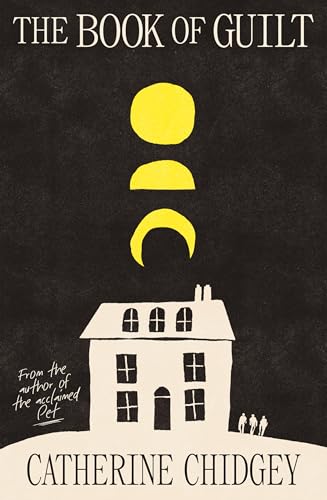What do you think?
Rate this book


427 pages, Kindle Edition
First published May 8, 2025
’What are you up to, eh?’ Mother Afternoon asked with a smile. ‘What are you planning?’
We smiled back, but we were figuring things out. In the Book of Knowledge, under The Science and Art of Healing, I found a brief reference to drug trials: ‘Working together with their Gothenburg Treaty partners, Britain’s scientists are at the cutting edge of modern medical research. New drugs are tested first in vitro (in the laboratory) and then in vivo (on living organisms) before being deemed safe for human use.’
And finally I understood that nothing was wrong with us, that nothing had ever been wrong with us. Jane was right: the medicine didn’t make us better, it made us sick. There was no Bug. We were laboratory animals. We were sacrifices.
‘Right then,’ said Mother Afternoon. ‘Today we’re pretending to be Good Samaritans. Who want to go first?’
‘What’s a Samaritan? said Lawrence.
“A person from Samaria, I expect,’ said Diane.
‘Where’s that?’
‘Israel. It doesn’t exist any more, though.’
‘What happened to it? Where did it go?’
‘Let’s stick to the task at hand.’ said Mother Afternoon. ‘We need a Good Samaritan and an injured person.’
‘But we’re all fine,’ said William.
‘We’re pretending,’ said Mother Afternoon. ‘We’re practicing.’
‘Why are we pretending to be Good Samaritans if we’re not from the ancient kingdom of Israel?’
‘Goodness me, it’s just an expression!’ said Mother Afternoon. ‘The origins are lost in the mists of time, but it just means someone who helps others.’
‘Are there bad Samaritans?’ said Diane.
Mother Afternoon ignored her.